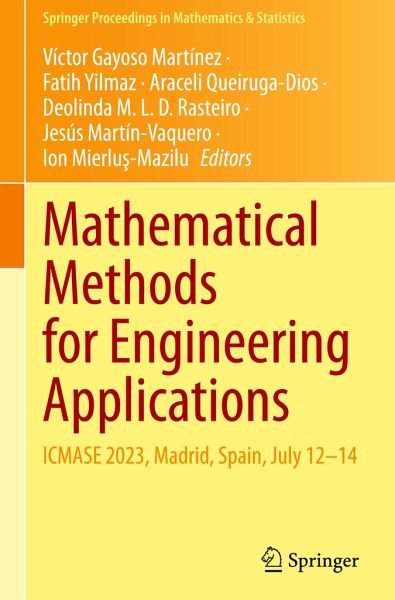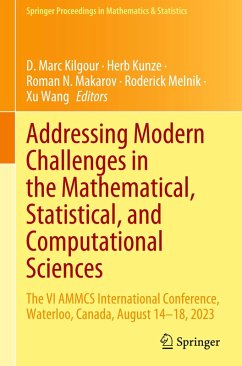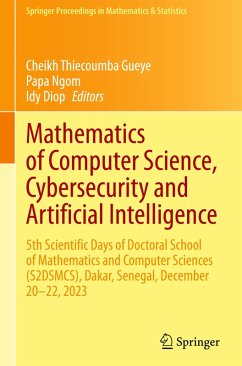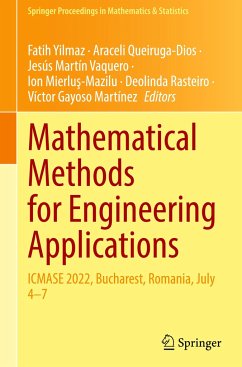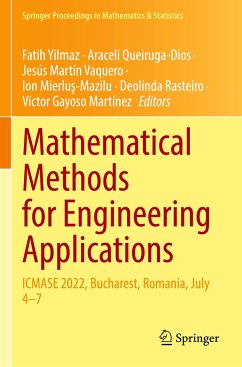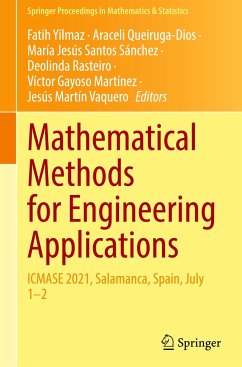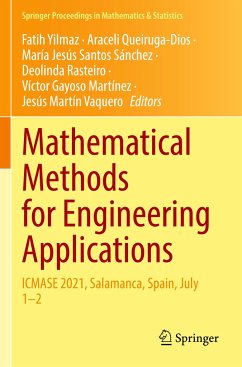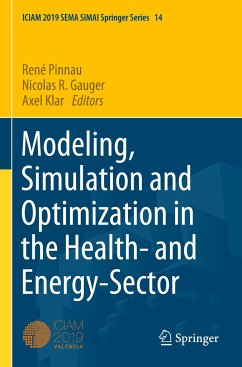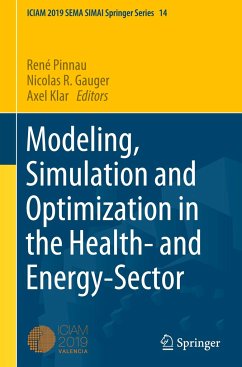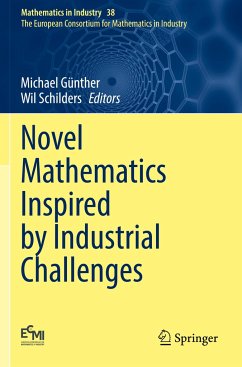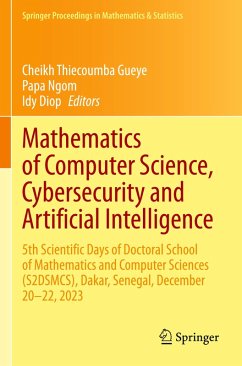Víctor Gayoso Martínez was born in Madrid (Spain) in 1975. He graduated in Telecommunications Engineering from the Universidad Politécnica de Madrid in 2002. He obtained his Doctorate from the same university in 2010. Since 1998 he has worked on topics related to mathematics, cryptography, smart cards and Java technology in private companies (Telefónica), public research organisations (Spanish National Research Council, CSIC) and universities (Universidad Francisco de Vitoria and U-tad). He has published more than 25 articles in international journals and participated in more than 45 international conferences. He is the co-author of two books on Elliptic Curve Cryptography and Cyber Security. He currently teaches at Centro Universitario de Tecnología y Arte Digital (U-tad). Prof. Dr. Fatih Y¿lmaz is full Professor in the Department of Mathematics at the Ankara Hac¿ Bayram Veli University, Turkey. He obtained his PhD (2013) in Selçuk University (Konya). He is co-author of over 50 papers, and numerous contributions to workshops and conference talks and organizations. He is Editorial Member of the Turkish Journal of Mathematics and Computer Science, and participated as Invited Editor in Special Issues of journals. He has also participated in numerous European, National and Regional funding projects, and he obtained some mobility grants to stay at the Central European University (Budapest) and Coimbra University (Coimbra). His current research interests include the applications of matrix theory, graph theory, number theory and mathematical education based on projects and competencies. He serves as a guest editor of Axioms, Entropy and Mathematics, moreover he is assistant editor of Turkish Journal of Mathematics and Computer Science. Araceli Queiruga-Dios was Graduate in Physics (Electronics specialty) at the University of Salamanca (Spain) and obtained her Ph.D. in Mathematics at the same university, in 2006. Her major field of study is public key cryptography. Before working at the university, she worked for a private company, dedicated to telecommunications and software solutions. From 2001 to 2006, she collaborated with the Department of Information Processing and Coding of the Spanish National Research Council, publishing papers about Public Key Cryptography and presenting (publishing) papers at national and international conferences, and journals. Since 2007, she works at the Department of Applied Mathematics at the School of Industrial Engineering at the University of Salamanca. She has participated as collaborator in several research projects at national and European level. Her current research interests include public key cryptography (digital signatures, authentication, and post-quantum cryptographic algorithms and protocols) and information security (propagation of malware and mathematical models). From 2018 to 2020 she coordinated the Erasmus+ Rules_Math, and she is currently coordinating the GIRLS project (Generation for Innovation, Resilience, Leadership and Sustainability. The game is on!), also co-funded by the European Union. Deolinda M. L. D. Rasteiro was born in Angola in 1968 but lives in Portugal since 1974. She graduated Mathematics from University of Coimbra in 1992, master Statistics and Operations Research from University of Lisbon in 1997 and Doctorate on Mathematics in the field of Network Optimisation in 2006 on University of Aveiro. She is a Coordinator Professor at ISEC and teaches undergraduate (Statistic and Probability Methods to Mechanical and Informatics Engineering courses) and graduate levels (Applied Mathematics to Master of Electrotechnical Engineering, Master of Biomedical Engineering and Master of Physical Asset Management). She was ISEC's Vice-President from 2006 until 2010, responsible for ISEC's International Relations Office, Quality Office, Academic Services Office and Public Relations Office during that period. She was responsible for theorganization of the "92nd European Study Group", Coimbra, 2013 and from to 2015 until now she has co-organized the Days of the Department of Physics and Mathematics and Days of Biomedical Engineering and co-organized several seminars and conference in the Mathematics area. She is currently the SEFI Special Interest Mathematical Group Chair and the co-responsible of the Mathematics Group of SPEE (Portuguese Society of Engineering Education). She is co-author of over 60 papers in applied mathematics and education fields since researching new methods to present Mathematics to students has been her priority in the last years. She has been responsible for the Erasmus+ Rules_Math at IPC/ISEC, and she is, also at IPC/ISEC, currently responsible for the Erasmus+ projects: KA220-HED-000032234 - MATH-DIGGER (MATHematics DiGital Escape Rooms) and for KA220-HED-000089166 - GIRLS. Dr. Jesús Martín-Vaquero is Professor at Salamanca University. He finished his BSc degree in Mathematics in this University (2002) and got his PhD (2012) in University Rey Juan Carlos. He is co-author of over 50 papers, and numerous contributions to conferences. He is Member of the Editorial Board in several journals and participated as Invited Editor in others. He has participated in numerous funding projects, and obtained some mobility grants to foreign Universities (Milwaukee, Minnesota, Cambridge, Simon Fraser and Salerno universities). His current research interests include the development and study of the properties of numerical methods for solving nonlinear PDEs, approximation theory and mathematical education based on projects and competencies. Dr. Ion Mierlus-Mazilu is Associate Professor in the Department of Mathematics and Informatics at the Technical University of Civil Engineering, Bucharest, Romania. He completed his bachelor and master degree in Mathematics and Informatics at the Bucharest University and obtained his Ph.D. in Applied Mathematics at the same university, in 2006. He has participated as coordinator and/or collaborator in several research projects at national and European level, member of the Scientific Board at several national and international conferences, member of various national and international professional associations (IACSIT, IAOE, EURO, WASET, SPSR, et al.). He is the author/co-author of over 50 scientific research papers in applied mathematics, informatics and education fields (new methods to teaching Mathematics and Computer Science to engineering students). In addition, he is the author/co-author of several books. His current research interests include applications of probability and statistics, operational research, numerical analysis and numerical methods, mathematical and informatics education based on e/m/u-Learning.
